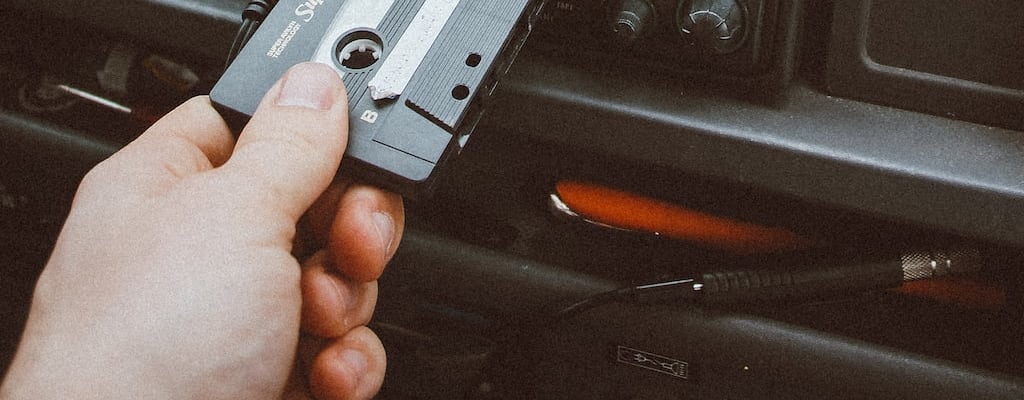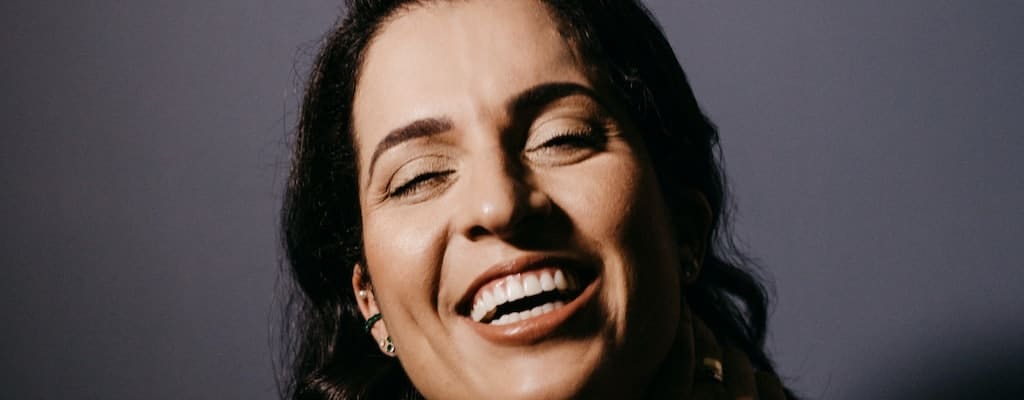crack a smile: Idiom Meaning and Origin
What does ‘crack a smile’ mean?
The idiom "crack a smile" means to suddenly show a brief smile or to finally smile, often when one is feeling unhappy or trying to hide their emotions.

Idiom Explorer
The idiom "make faces" means to distort one's face in an exaggerated or funny way to express emotions like disgust, annoyance, or humor.
The idiom "enough to make a cat laugh" means something is extremely funny or ridiculous.
The idiom "cut up" means to behave in a silly or playful manner, often to make others laugh or entertain them. It can also refer to the act of criticizing or mocking someone in a lighthearted way.
The idiom *crush it* means to do something with great success and excellence, often exceeding expectations or goals.
The idiom "crack up" means to burst into uncontrollable laughter or to mentally or emotionally collapse due to stress or pressure.
The idiom "crack on" means to continue doing something with determination and without delay. It implies a sense of perseverance and focus in order to complete a task or achieve a goal.
The idiom "crack of dawn" refers to the very early hours of the morning when the first light begins to appear on the horizon. It signifies the moment when the day is just beginning and is often used to indicate an early start or arrival.
The idiom "crack a fat" is a crude colloquialism that refers to a male experiencing an erection. The phrase is considered vulgar and should be avoided in formal settings.
The idiom "crack a crust" means to break or open the hard outer layer or shell of something. It can also refer to a person who has a tough or unyielding exterior but shows vulnerability or softness underneath.
The Enigmatic Grin
The idiom "crack up" is another expression that is related to "crack a smile." While "crack a smile" refers to showing a slight smile, "crack up" means to burst into laughter or to find something extremely funny. It is often used to describe situations that are so humorous that they cause uncontrollable laughter.
The idiom "crack up" can be used in various contexts. For example, if someone tells a funny joke and it makes you laugh hysterically, you can say that the joke really cracked you up. Similarly, if you are watching a comedy show and find it incredibly funny, you can say that it is cracking you up.
Like "crack a smile," the origins of "crack up" are not clear. However, the word "crack" in this context is likely used to convey the idea of someone breaking or splitting apart due to laughter. The phrase "crack up" is often used colloquially and is a playful way of describing someone's reaction to something funny.
The idiom "make faces" is also related to "crack a smile." While "crack a smile" refers to a subtle smile, "make faces" means to contort one's facial expression in a humorous or exaggerated way. It is often used to describe playful or silly gestures made with the face as a form of entertainment or expression.
The phrase "make faces" can be used in various situations. For instance, if you are trying to make a baby laugh, you might make funny faces at them to entertain them. Similarly, if you are goofing around with friends, you might make silly faces to make each other laugh.
The idiom "burst out laughing" is another expression that is connected to "crack a smile." While "crack a smile" refers to a slight smile, "burst out laughing" means to suddenly and uncontrollably start laughing. It is often used to describe situations that are extremely funny and cause a person to laugh loudly and without inhibitions.
The phrase "burst out laughing" is commonly used in everyday conversation. For example, if someone tells you a hilarious joke, and you can't stop laughing, you might say that you burst out laughing. Similarly, if you are watching a comedy show and find it incredibly funny, you might say that it makes you burst out laughing.
Overall, the idiom "crack a smile" is a familiar expression used to describe a slight smile or a brief moment of amusement. It is often employed to soften a serious or stern demeanor and can convey various emotions such as amusement, satisfaction, or even sarcasm. Additionally, related idioms like "crack up," "make faces," and "burst out laughing" provide further ways to express humor, amusement, and uncontrollable laughter. These idiomatic expressions add depth and color to everyday conversations and allow individuals to effectively communicate their emotions with ease.
Example usage
Examples of how the idiom "crack a smile" can be used in a sentence:
1. Despite his serious demeanor, the comedian finally cracked a smile when he heard the audience erupt with laughter.
2. The young boy's face lit up as his mother cracked a smile and gave him a thumbs up for his impressive drawing.
3. After a long day at work, the exhausted teacher couldn't help but crack a smile when her students surprised her with a thoughtful gift.
More "Expression" idioms



